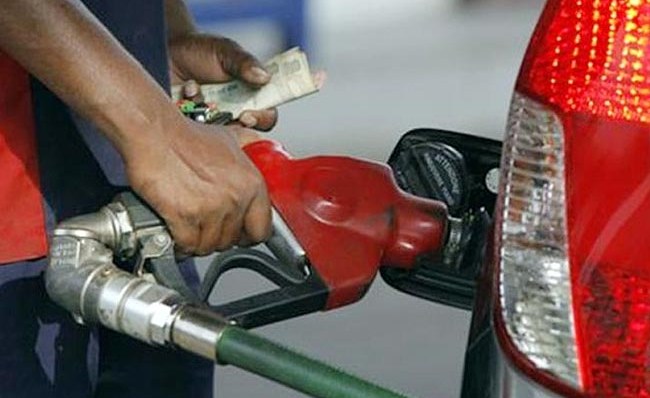The Vice President for Sustainable Development, World Bank, Laura Tuck, has said the payment of fuel subsidies by the Nigerian government does nothing to favour the poor.
Tuck said this at the ongoing World Circular Economic Forum in Helsinki, Finland while addressing the theme ‘Scale it up! The Next Era of the Circular Economy.’
She said: “strong evidence shows that a lot of countries put subsidy on fossil fuels, and these subsidies are insufficient to support the poor. They aggravate resources consumption, pollution and greenhouse gas. Globally, subsidies on fossil fuels are huge.”
“We cannot achieve a circular economy if we continue to make policies that give incentives to overuse of resources. Circularity means we use fewer non-renewable energy like fossil fuels and carefully manage our renewable resources like Timber and fisheries, among others.”
READ ALSO: FFK enlightens Deeper life GO on how bible supports resisting evil governance
On the impacts of subsidising petroleum, Turk said plastic products produced from fossil fuels had become cheaper, making it unprofitable to recycle plastic waste.
Also speaking, the President, Sitra, Mikko Kosonen called for both public and private investment in transitioning the world economy to a circular economy.
“We have 10 years to switch to a circular economy to prevent ecological catastrophe,” he warned.
On his part, the Head, Climate Change and Green Growth at the African Development Bank, Anthony Nyong, noted that African leaders were aware of the negative impact of continuous use of non-renewable energy but the willpower to make was non-existent.
Speaking at the Circular Economy for Africa Session, he said, “We spend 22 times more on subsidy than what we spend on the energy itself. That does not allow investors to come in because we have over-subsidised this initiative that other people cannot invest in it.
“At the AfDB, we have said over the next five years, we are putting $25bn as our own investment towards that and it is sufficient to leverage other country’s resources to make sure we are on the right track in terms of the circular economy,” he added.



Leave a Reply